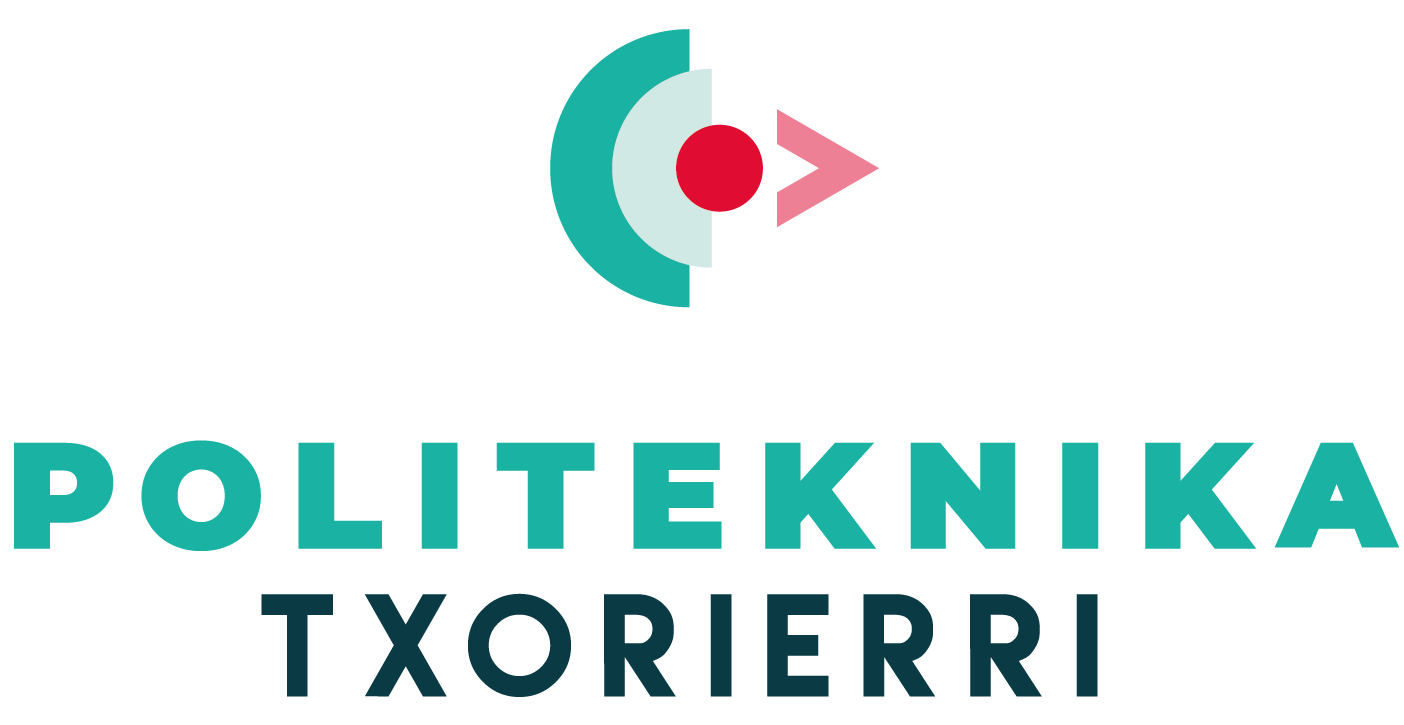In an increasingly digitised and sustainable world, Smart Cities require highly skilled professionals. From the SMACITE consortium, we have developed this European project with the aim of closing the skills gap in this sector by providing innovative training to students, technical and engineering staff through a combination of digital competences, transversal skills and sustainability.

To evaluate the effectiveness of the programme, we conducted pilot tests in Greece, Bulgaria, Italy and Spain, with the participation of 160 trainees from various entities, including public administrations and private companies in the sector. The methodology included self-assessments, theoretical and practical training, and final evaluations that awarded micro-credentials to those who participated.
In Spain, Politeknika Txorierri played a key role in the implementation of these tests, facilitating access to the programme and supporting participants throughout the learning process. One of the highlights was the great reception of the MOOC, with more than 400 people interested and 331 registered participants. The course completion rate exceeded 59%, which is significantly higher than the average of other online training programmes.
We are looking to improve the integral and sustainable vision of smart cities
The core of SMACITE lies in our educational approach based on a multidisciplinary curriculum. Participants accessed a programme that combined online learning through a MOOC (Massive Open Online Course), immersive experiences in Virtual Reality environments and a certification system that validates the skills acquired.
The content included courses on cybersecurity, the Internet of Things (IoT), data analytics, 3D printing, blockchain and autonomous vehicles, as well as modules on entrepreneurial skills, leadership and sustainability. In this way, we aim not only to improve technical skills, but also to foster a holistic and sustainable vision of smart urban development.

Training professionals for the digital urban future
Despite the overall success of the project, areas for improvement were identified. Some learners pointed out technical difficulties in the Virtual Reality platform, mainly related to audio and connectivity, which led to the implementation of system upgrades and improvements in technical assistance. In addition, the difference in the level of engagement among the learners showed the need to further adapt the teaching strategies according to the profiles of the participants. Therefore, we decided to adjust the certification requirements to make them more accessible without compromising the quality of learning, thus making it easier to obtain accreditations.
From the SMACITE consortium, we are convinced that this project marks a milestone in the training of professionals for smart cities. Our innovative approach, combining technology, interactive learning and professional certification, lays the foundation for more accessible and effective training in this sector. With the adjustments implemented after the pilot testing phase, the programme is set to become a benchmark in training for the future of sustainable and digitised cities.
For more information, visit www.smacite.eu


